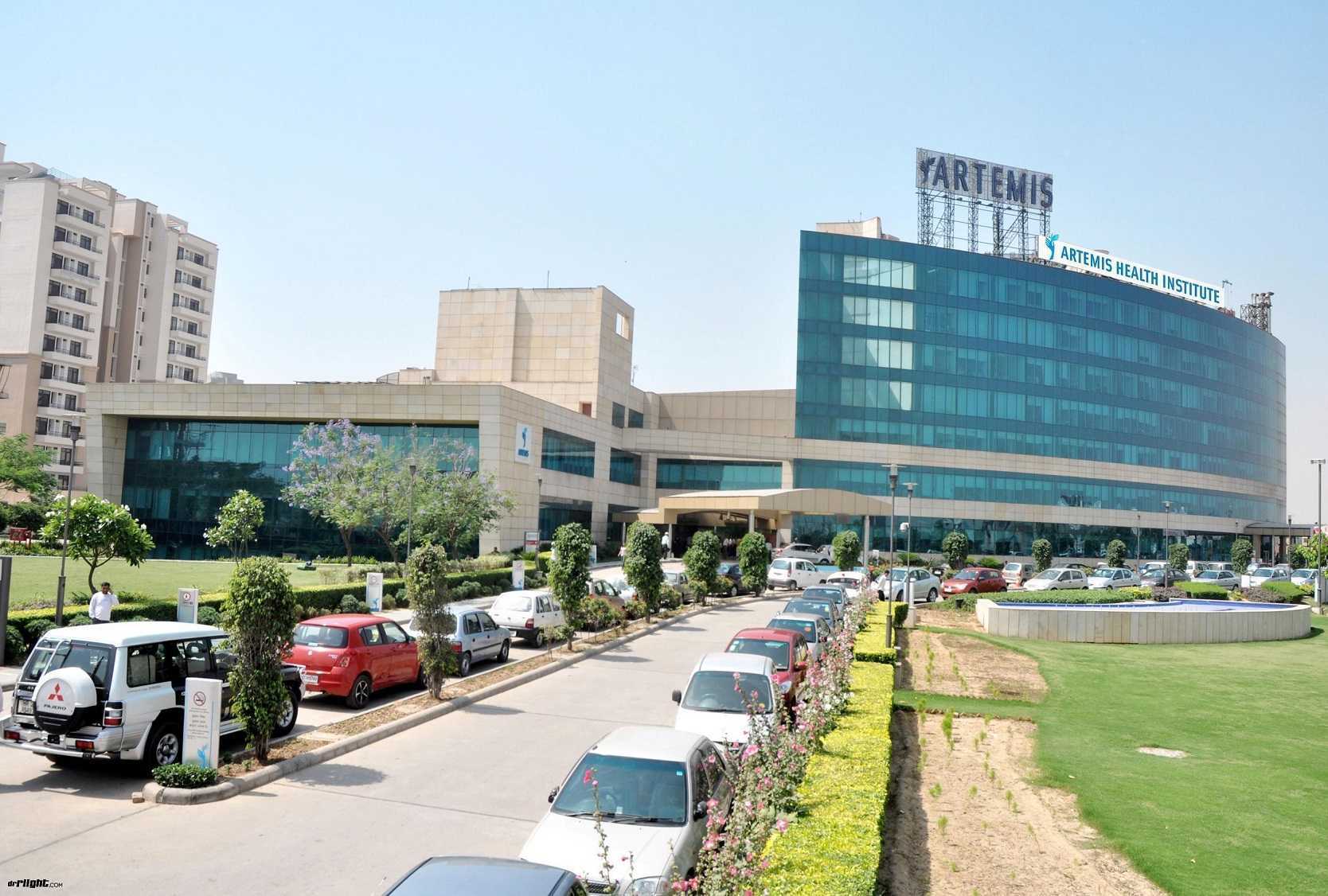Chronic kidney disease: How the Disease Develops. Symptoms and Cure
Chronic kidney disease is the sequential loss of kidney functions. Natural mission of this organ is food waste filtering and liquid removal, then excreting it in the urine. Progressive CKD provokes electrolytes and harmful substances accumulation.
CKD treatment is aimed at slowing down the pathology progress and eliminating the disease cause. But, alas, such therapy can’t surely resist the illness – kidney damage continues, up to the terminal stage.
Chronic kidney disease causes
Chronic disease in kidney occurs and progresses against the other pathologies. Such diseases include, in particular, the following:
- diabetes;
- high pressure;
- glomerulonephritis – filtering units inflammation;
- interstitial nephritis – renal tubules and close structures inflammation;
- polycystic kidney illness;
- hereditary pathologies;
- urinary canals obstruction;
- vesicoureteral reflux – inflammation when urine is thrown into kidneys;
- kidney infection recurrence.
Factors negatively affecting organisms:
- cardiovascular diseases;
- abnormal renal tissues structure;
- excessively overweight;
- elderly age;
- the person smokes a lot;
- excessive drug use.
Chronic kidney disease symptoms
CKD signs manifest themselves over time. Pathology provokes water and waste accumulation in organisms. Kidney disease chronic defect has several severity degrees, and main signals are as follows:
- appetite loss;
- sleep and urination difficulties;
- decrease in thought process sequence and logic;
- muscle spasms;
- legs and ankles tumefaction;
- itching and dry derma;
- high pressure;
- breath shortness due to liquid accumulation in lungs;
- breast pain with liquid accumulation around the heart lining.
Chronic kidney disease diagnosis and treatment
If chronic renal pathology is suspected, specialists prescribe blood and urine tests to the patient.
- Urinalysis will show the albumin and creatinine rate.
- Glomerular filtration test – how well patient’s kidneys are working.
- As an additional diagnosis, CT is prescribed – obtaining an accurate kidneys and urinary canals image, in particular, the organ size itself and stones presence in it.
- Another additional test is kidney biopsy – pathology type and stage determination and CKD therapy adjusting.
In chronic kidney disease treatment specialists prescribe meds from different groups, since pathology influences general organism state and leads to complications. Based on pathology degree development, following may be required.
- Diet correction. Special nutrition mode is quate important treatment component. Minimum protein intake is prescribed for reducing the disease progression.
- Prohibition of non-steroidal anti-inflammatory meds: ibuprofen and some antibiotics. This prohibition is grounded by high levels of side effects due to impaired organ functioning.










